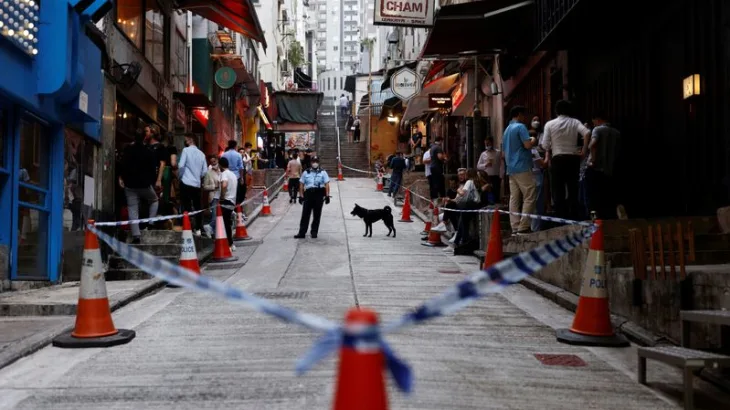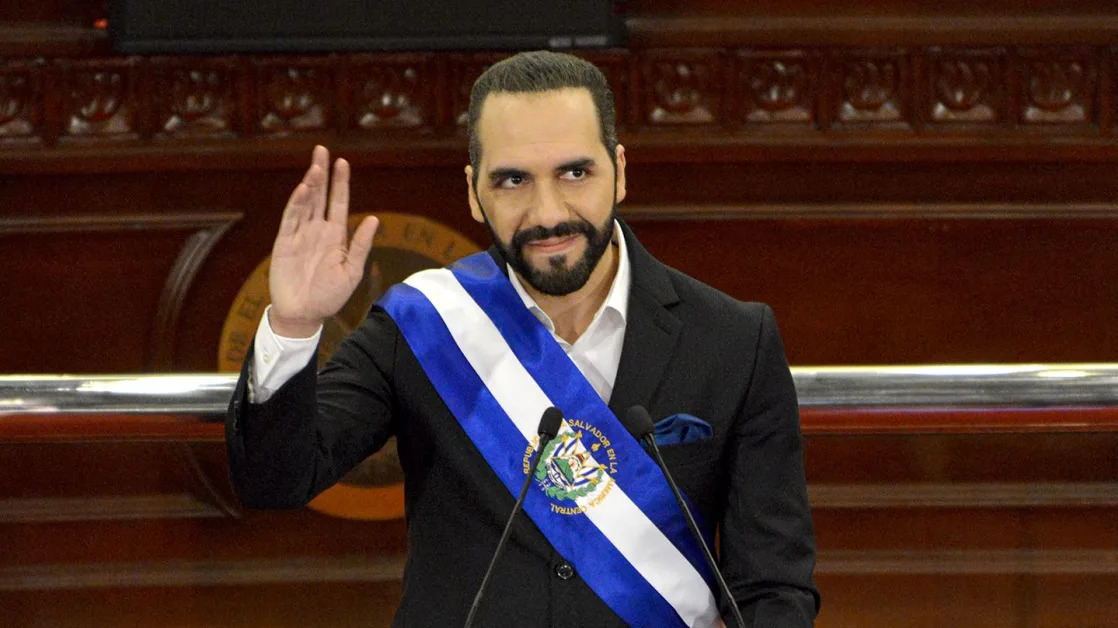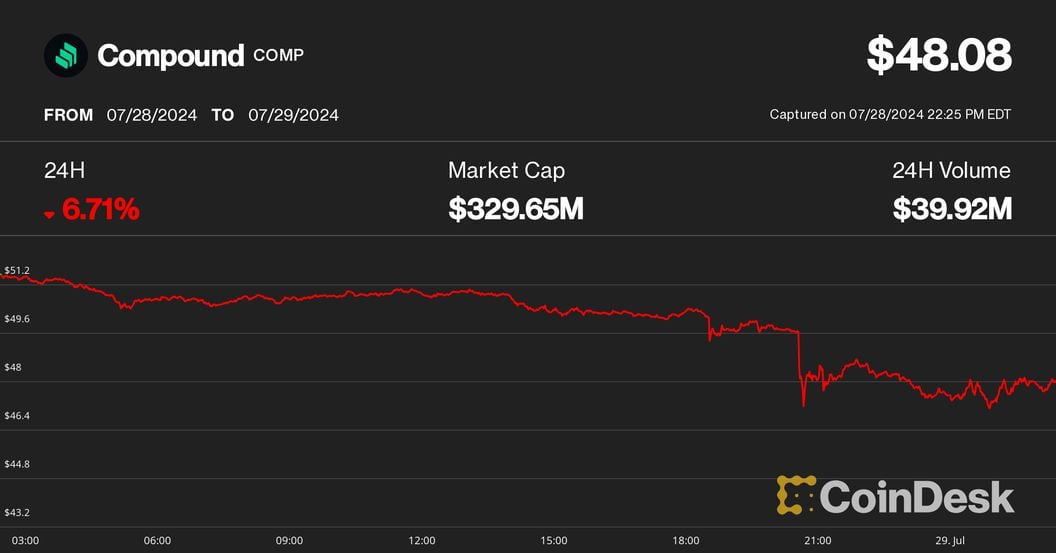(Bloomberg) -- Russia’s rock-bottom unemployment rate should be the envy of any country, but it’s instead underscoring how the labor shortage fueled by the Kremlin’s 2022 invasion of Ukraine is making it more difficult for companies to operate.
The share of the labor force out of work in Russia, already at a record low, fell to 2.3% in October, the Federal Statistics Service reported late Wednesday. That surpassed Japan, which traditionally has enjoyed low unemployment, and all other Group of Seven countries.
“The Russian labor market is currently experiencing a rather tough situation,” said Evgeny Suvorov, chief Russia economist at CentroCredit Bank. “There are several hundred thousand people who have left Russia and a fairly significant inflow of employees into sectors that work under government contracts.”
Salaries have increased by almost 20% year-on-year, he said. That is creating “a significant inflation risk” in the country, where price growth is nearing 9% so far this year, according to Economy Ministry.
Russia’s war in Ukraine has caused the economy to overheat, in turn intensifying an acute deficit of workers across most industries. The competition for employees has pushed wages up, exacerbating inflation as companies within the civilian sector vie with the military — and each other — for scarce talent. The labor shortage is also acting as a constraint on production, threatening to slow growth in the wartime economy.
In the catering and retail sectors, demand for workers between 16 and 18 years old has doubled, according to analysts at Avito Jobs, a Moscow-based classified ads service, the Kommersant newspaper reported in October. Under Russian law, a person can be hired for limited work from the age of 14 with parental approval.
A boutique hotel in the center of Moscow had to hire high school students to clean rooms and wash dishes after it wasn’t able to find enough maids, even after significantly increasing the monthly salary, the manager of the hotel said, asking to remain anonymous.
Businesses aren’t just chasing younger workers, however. Over the past two years, the average age of qualified specialists has increased by three-to-six years, according to SuperJob, a recruitment service.
“We literally have to beg people to postpone retirement, because there is simply no one to replace people,” said Irina, 49, a manager at a large construction company. The total headcount at her firm is 12,000, and a third of them are retirement-age, or more than 60 years old.
Tatyana, 72, a teacher at a medical college in a small town on the Volga, says that 60%-70% of teachers are working pensioners. “Earlier, elder teachers were forced into retirement to free up places for the young,” she said. “Now, we are being begged to stay.”
Some of the largest employers have had to look even further afield for new workers. Magnit, one of Russia’s largest food retail chain, said this month it started a program to find new employees in Uzbekistan, and plans to expand it to other countries.
For every unemployed Russian, there are five open job positions, according to estimates from FinExpertiza, one of Russia’s top auditing firms. That’s the biggest gap in 19 years.
Russia’s economy is currently short two million workers, according to the auditing firm’s data.
More than 80% of Russian companies are experiencing some level of personnel shortage, the Bank of Russia said in October. A top official at the labor department in Moscow’s mayoral office said there were no unemployed people in the city of 13 million, according to the RBC newspaper.
An owner of a Moscow restaurant chain said that he’s short as much as 30% of the workers he needs, a situation he’s never seen during 15 years in business.
On top of having to compete with defense-related industries on wages, Russian companies say that the departure of migrant workers from the country has also affected the situation. About one million have left Russia in 2024 alone, Andrey Kladov, the chief executive officer of a platform providing digital services to migrant laborers in Russia, said in a televised interview this week.
The exodus comes as Russia has tightened immigration rules following a March terrorist attack on a concert hall near Moscow. A weakening ruble against the dollar has also made employment in the country less appealing.
“The labor shortage problem is likely to persist next year,” said Olga Belenkaya, an economist at Finam in Moscow. “But demand for workers may not grow as quickly due to an expected slowdown in economic growth.”
Still, some experts argue the fix is increasing efficiency. “The model based on low labor productivity and the attraction of cheap migrant labor has exhausted itself,” said Alexey Zakharov, president of Superjob.ru. “It is time to actively modernize. Finally increase labor productivity.”






